In today’s dynamic and interconnected global economy, supply chains face numerous challenges, including unpredictable demand, volatile markets, and increasing competition.1 To navigate these complexities and maintain a competitive edge, businesses are increasingly turning to artificial intelligence (AI) to optimize their supply chain operations.2 From production planning and inventory management to logistics and delivery, AI is revolutionizing how businesses manage the flow of goods and services.3
AI’s Role in Supply Chain Optimization
AI technologies are being applied across the entire supply chain, offering a range of benefits:4
1. Demand Forecasting:
- Predictive Analytics: AI algorithms analyze historical sales data, market trends, social media sentiment, and economic indicators to forecast future demand with greater accuracy.5 This enables businesses to anticipate fluctuations in demand, adjust production schedules, and optimize inventory levels.6
- Demand Sensing: AI can analyze real-time data, such as point-of-sale information, website traffic, and social media engagement, to gain insights into current demand patterns and make immediate adjustments to inventory and production plans.7
2. Inventory Management:
- Inventory Optimization: AI algorithms can optimize inventory levels by analyzing historical data, predicting future demand, and considering factors such as lead times, transportation costs, and storage costs.8 This helps businesses maintain optimal stock levels, reduce inventory holding costs, and minimize the risk of stockouts or overstocking.9
- Inventory Forecasting: AI can forecast inventory needs across different locations and time periods, enabling businesses to proactively manage inventory levels and ensure that the right products are available at the right time and place.10
3. Production Planning and Scheduling:
- Production Optimization: AI can optimize production schedules by analyzing factors such as material availability, machine capacity, and labor costs.11 This helps businesses improve production efficiency, reduce lead times, and minimize production costs.12
- Supply Chain Visibility: AI-powered platforms can provide real-time visibility into the entire supply chain, enabling businesses to track the movement of goods, monitor production processes, and identify potential disruptions.13
4. Logistics and Transportation:
- Route Optimization: AI algorithms can optimize transportation routes, considering factors such as traffic conditions, weather patterns, and fuel costs.14 This helps businesses minimize transportation costs, reduce delivery times, and improve fuel efficiency.
- Demand-Driven Delivery: AI can optimize delivery schedules based on real-time demand and traffic conditions, enabling businesses to deliver goods more efficiently and effectively.15
5. Risk Management:
- Supply Chain Disruption Management: AI can help businesses identify and mitigate potential supply chain disruptions, such as natural disasters, political unrest, and geopolitical events.16 By analyzing real-time data and identifying potential risks, businesses can proactively adjust their plans and minimize the impact of disruptions.17
- Fraud Detection: AI algorithms can detect and prevent fraud in the supply chain, such as counterfeit goods, product tampering, and fraudulent transactions.18
Benefits of AI-Driven Supply Chain Optimization
- Increased Efficiency and Productivity: AI can automate many manual tasks, streamlining operations and improving overall efficiency.19
- Reduced Costs: By optimizing inventory, transportation, and production processes, AI can help businesses significantly reduce costs.20
- Improved Customer Satisfaction: By ensuring that products are available when and where they are needed, businesses can improve customer satisfaction and21 build stronger customer relationships.22
- Enhanced Agility and Resilience: AI-powered supply chains are more agile and resilient in the face of disruptions, enabling businesses to adapt quickly to changing market conditions.23
- Sustainable Practices: AI can help businesses optimize their supply chains for sustainability by reducing waste, minimizing their environmental impact, and promoting the use of renewable energy sources.24
Challenges and Considerations
Despite its numerous benefits, the implementation of AI in supply chain optimization also presents certain challenges:
- Data Quality and Availability: The accuracy of AI-driven predictions depends heavily on the quality and availability of data. Ensuring data accuracy and completeness is crucial for successful AI implementation.
- Integration and Implementation: Integrating AI technologies into existing supply chain systems can be complex and time-consuming.25
- Data Security and Privacy: Protecting sensitive data and ensuring compliance with data privacy regulations is critical when implementing AI solutions.26
- Skill Gap: A skilled workforce with expertise in AI, data science, and supply chain management is essential for successful AI implementation.
- Ethical Considerations: It is crucial to address ethical considerations related to data usage, algorithmic bias, and the potential impact of AI on jobs.27
The Future of AI in Supply Chain Optimization
The future of AI in supply chain optimization is bright. As AI technologies continue to evolve, we can expect to see even more sophisticated and integrated solutions that transform the way businesses manage their supply chains. From predictive analytics and machine learning to blockchain and the Internet of Things (IoT), AI is poised to revolutionize supply chain management and drive significant improvements in efficiency, sustainability, and resilience.28
Conclusion
AI is rapidly transforming the supply chain landscape, offering businesses unprecedented levels of visibility, agility, and efficiency.29 By leveraging the power of AI, businesses can optimize their operations, reduce costs, improve customer satisfaction, and build more resilient and sustainable supply chains.30 As AI technologies continue to evolve, the potential for innovation and transformation in supply chain management will only increase.
Frequently Asked Questions (FAQs)
- What is AI-driven supply chain optimization?
- AI-driven supply chain optimization refers to the use of artificial intelligence technologies to improve the efficiency and effectiveness of supply chain operations.31
- How does AI help with demand forecasting?
- AI algorithms analyze historical data, market trends, and social media sentiment to predict future demand with greater accuracy.32
- How can AI optimize inventory management?
- AI can optimize inventory levels by predicting demand, analyzing historical data, and considering factors such as lead times and transportation costs.33
- What are the benefits of AI-driven supply chain optimization?
- Increased efficiency, reduced costs, improved customer satisfaction, enhanced agility and resilience, and sustainable practices.34
- What are the challenges of implementing AI in supply chain optimization?
- Data quality and availability, integration and implementation, data security and privacy, skill gap, and ethical considerations.35
- How can businesses ensure data security and privacy when using AI in supply chain management?
- By implementing robust data security measures, ensuring compliance with data privacy regulations, and minimizing data collection and usage.36
- What is the role of machine learning in supply chain optimization?
- Machine learning algorithms are used to analyze data, identify patterns, and make predictions, enabling businesses to optimize inventory, improve production planning, and streamline logistics.37
- How can AI help businesses improve supply chain visibility?
- AI-powered platforms can track the movement of goods, monitor production processes, and identify potential disruptions in real-time.38
- What is the future of AI in supply chain management?
- The future holds even more sophisticated and integrated AI solutions, such as the use of blockchain and IoT, to further enhance supply chain efficiency and resilience.
- How can businesses prepare for the future of AI in supply chain management?
- By investing in data analytics and AI capabilities, developing a skilled workforce, and partnering with AI-powered solutions providers.
- What are some examples of AI applications in supply chain optimization?
- Examples include predictive maintenance, route optimization, inventory forecasting, and demand sensing.39
- How can AI help businesses reduce their environmental impact?
- By optimizing transportation routes, reducing waste, and promoting the use of renewable energy sources.40
- What are the ethical considerations related to the use of AI in supply chain management?
- Ethical considerations include data privacy, algorithmic bias, job displacement, and the potential impact on workers.41
- How can businesses ensure the ethical use of AI in their supply chains?
- By implementing ethical guidelines, conducting regular audits, and prioritizing human values in AI development and implementation.42
- What is the role of human expertise in AI-driven supply chain optimization?
- Human expertise is still crucial for interpreting AI-generated insights, making strategic decisions, and overseeing the implementation of AI solutions.43

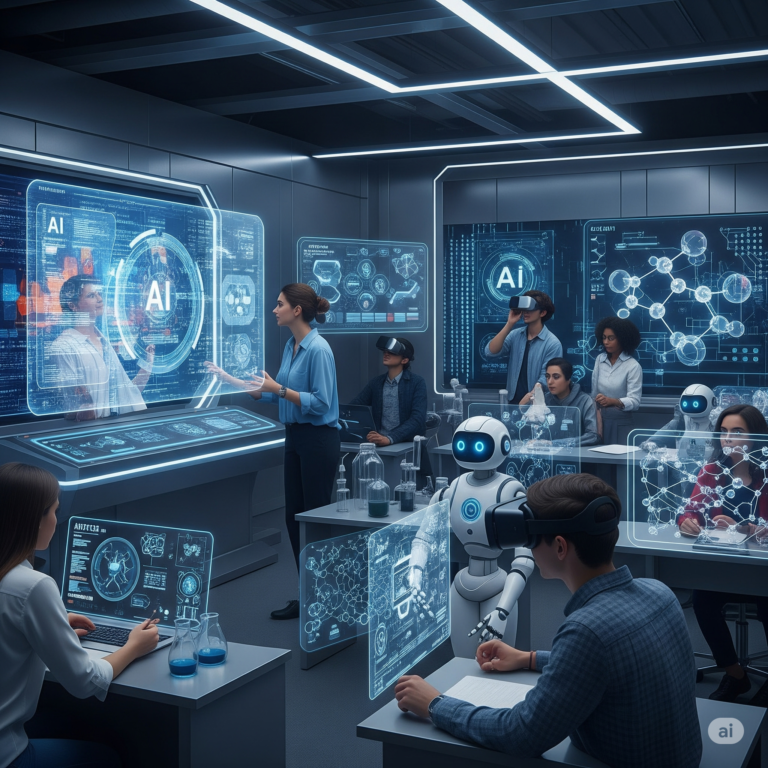

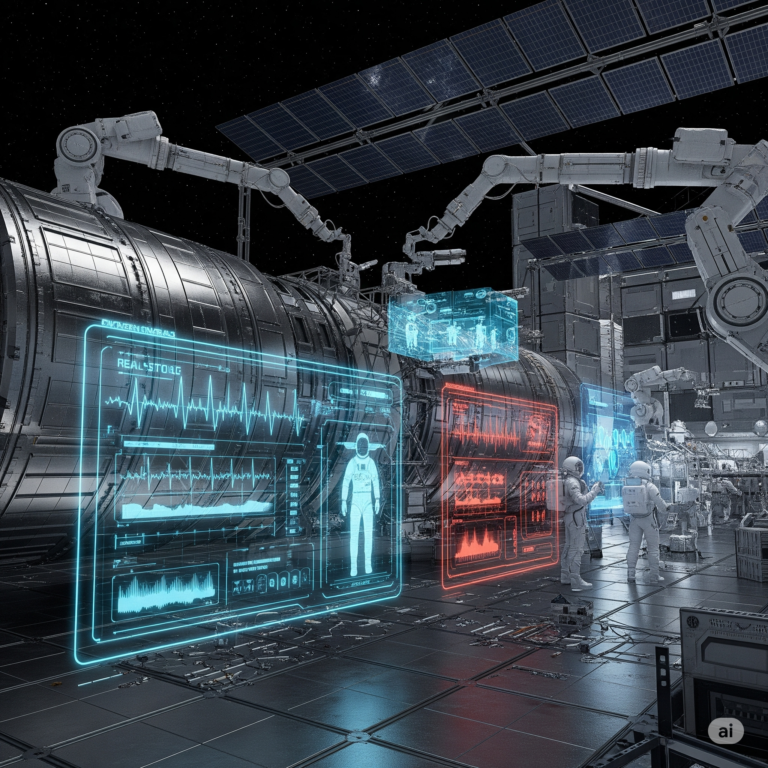

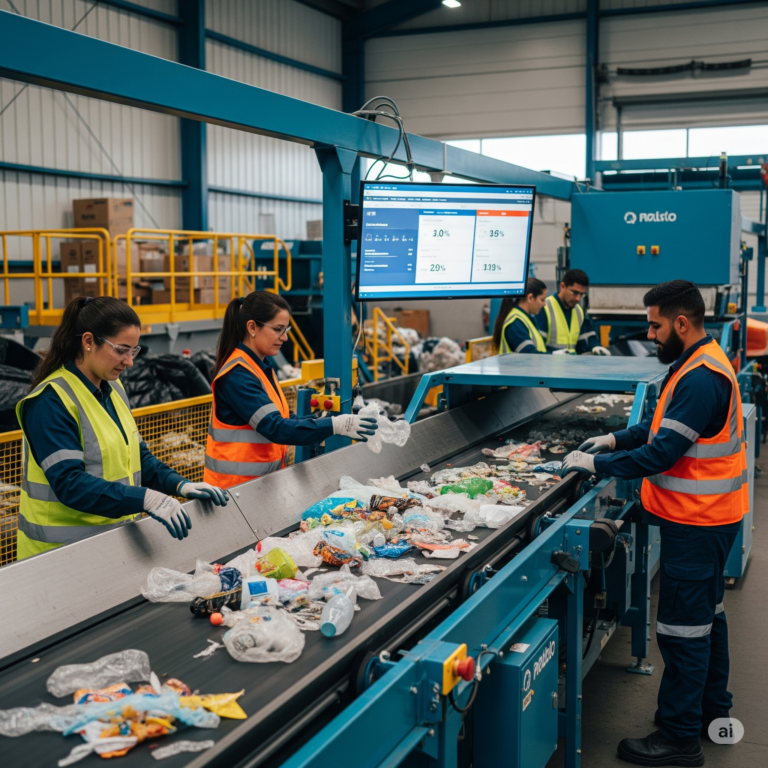
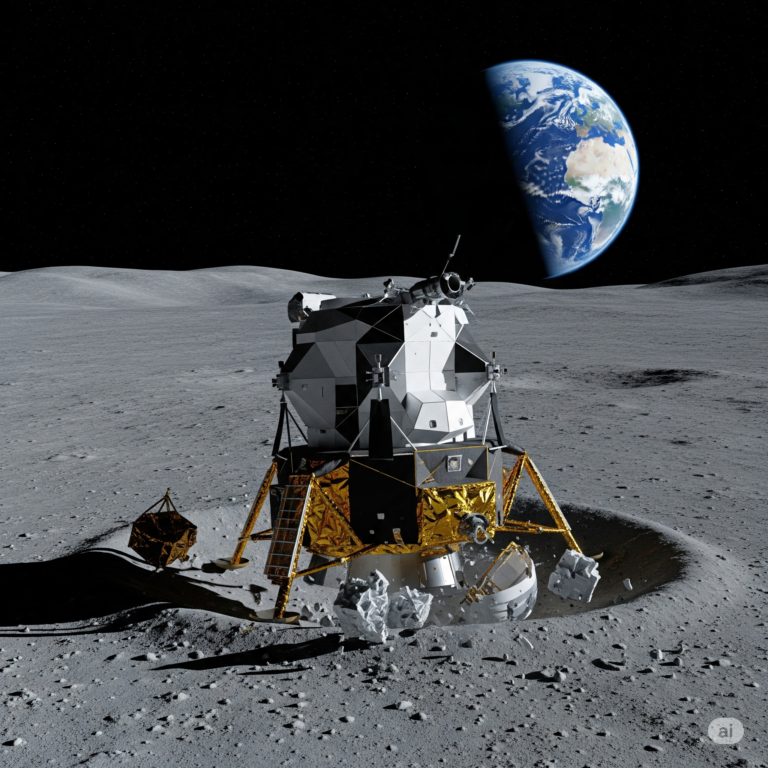

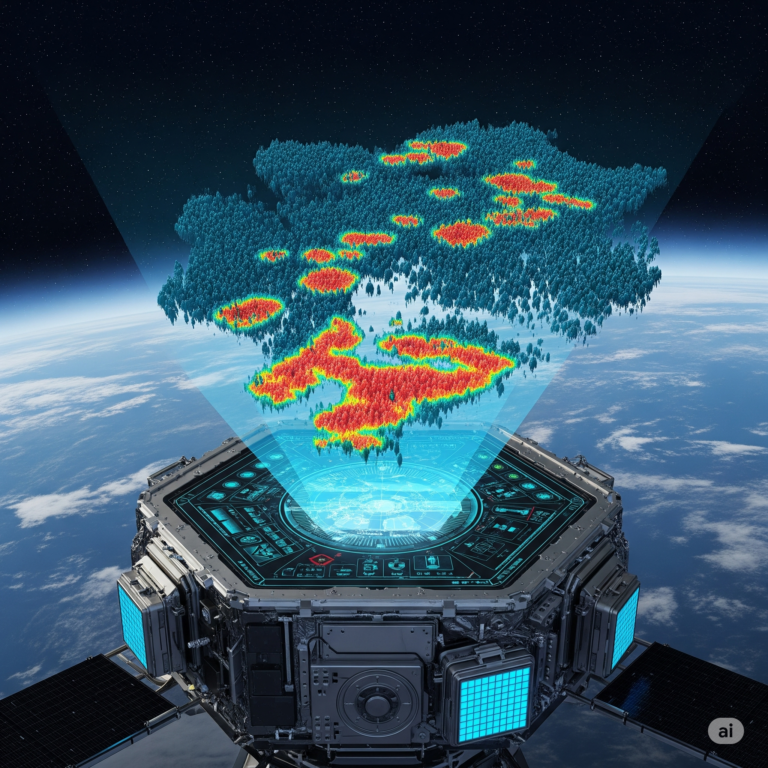



+ There are no comments
Add yours